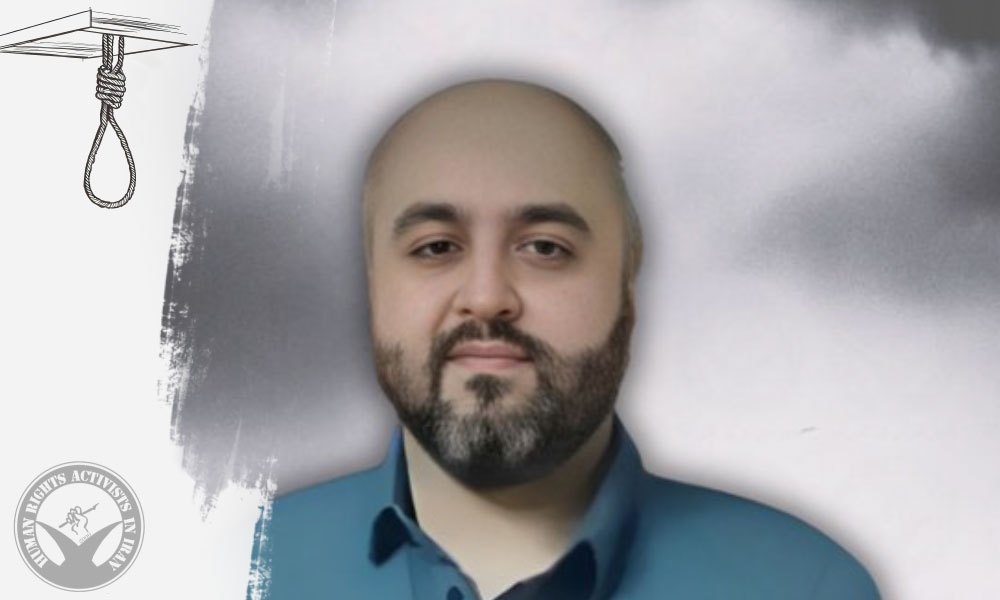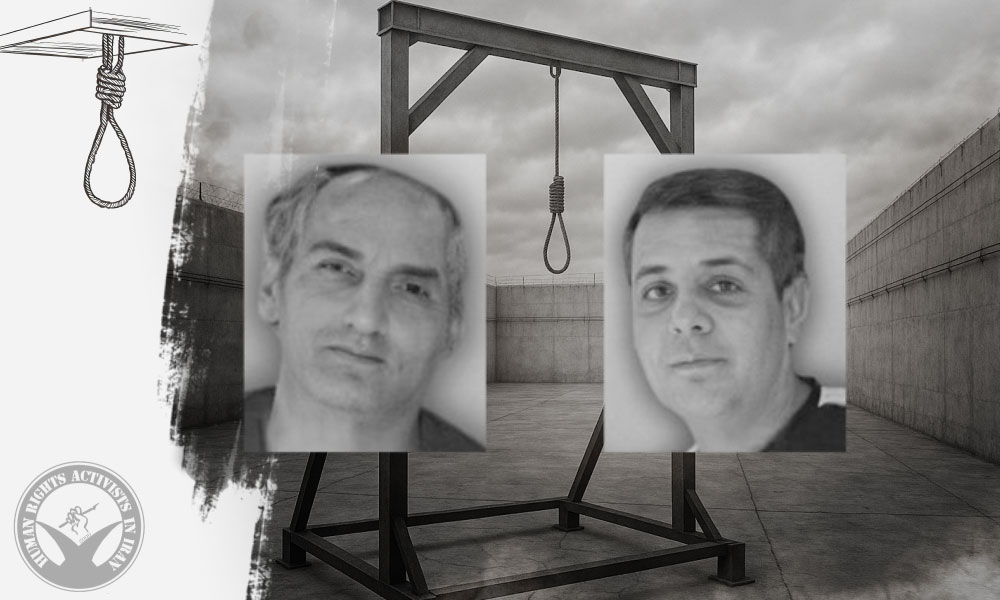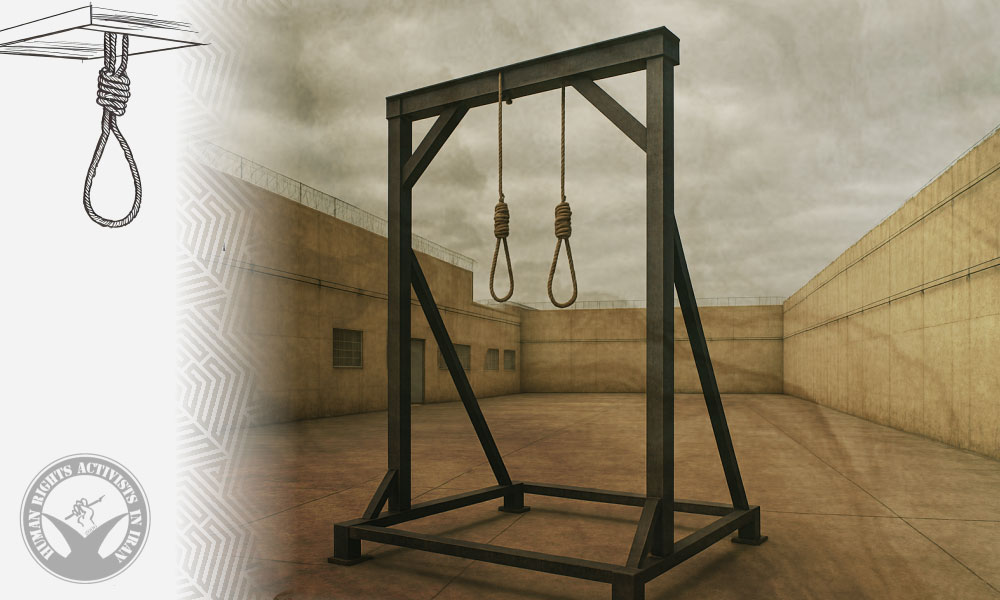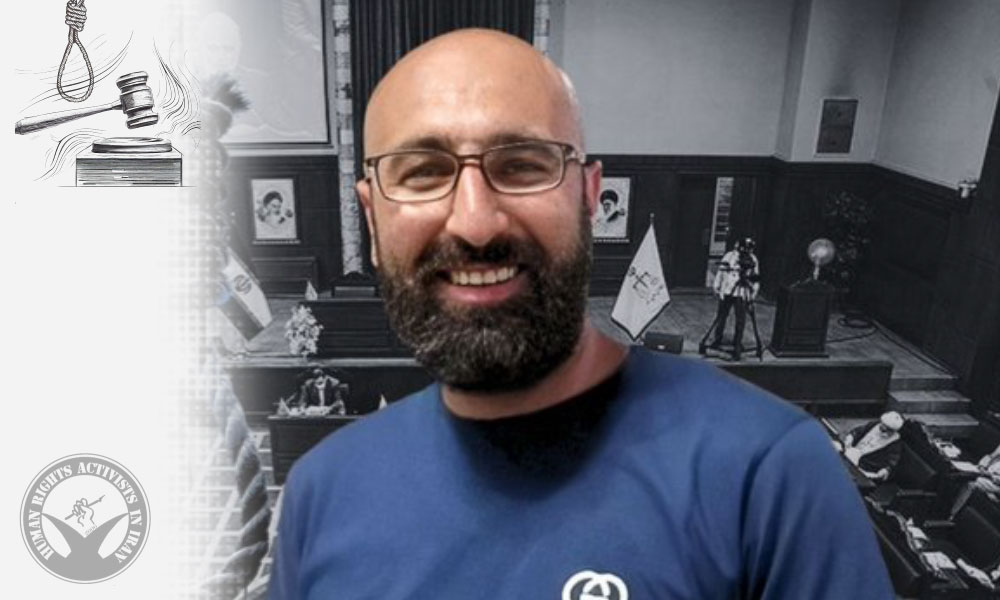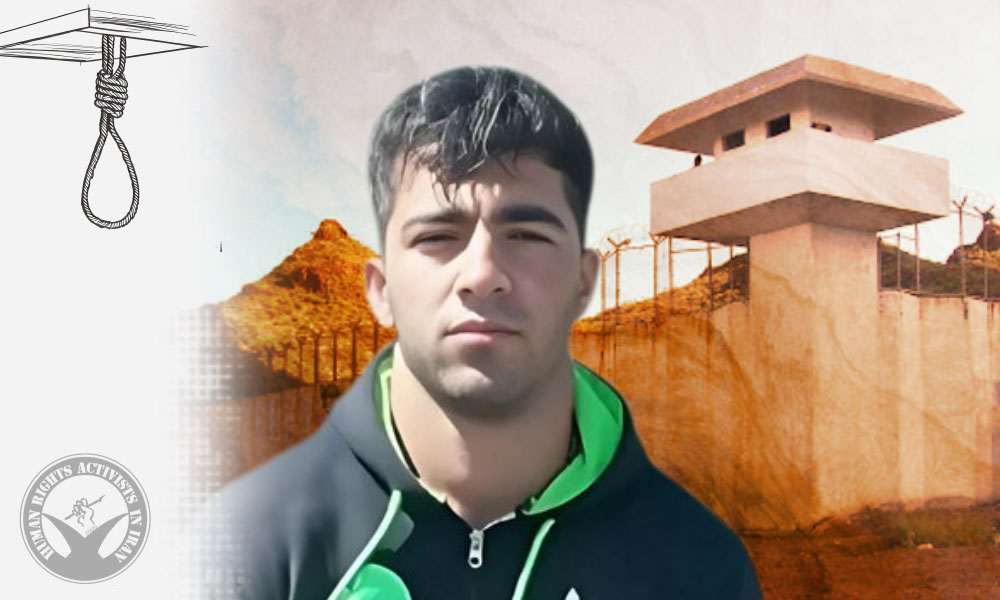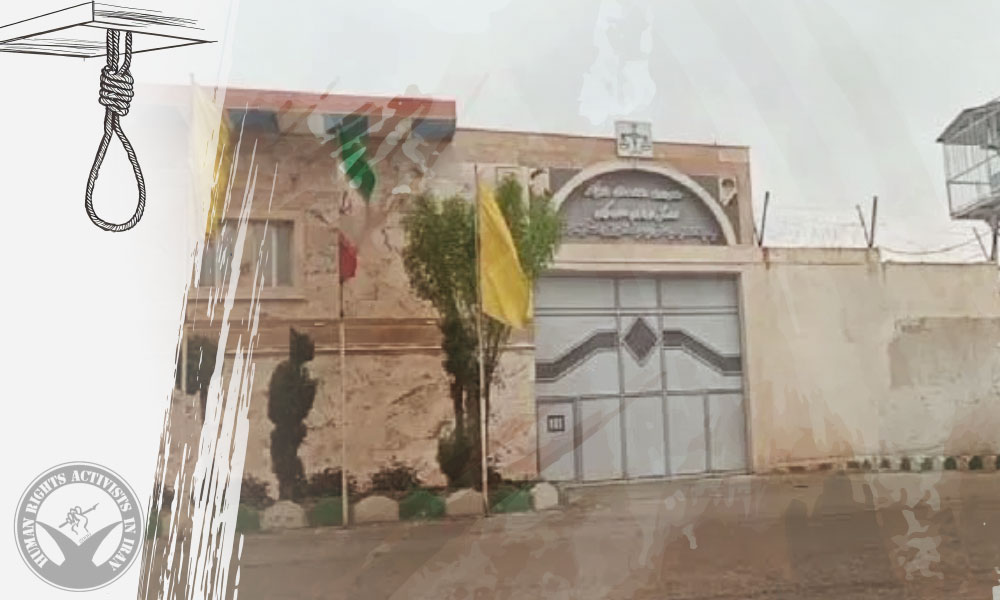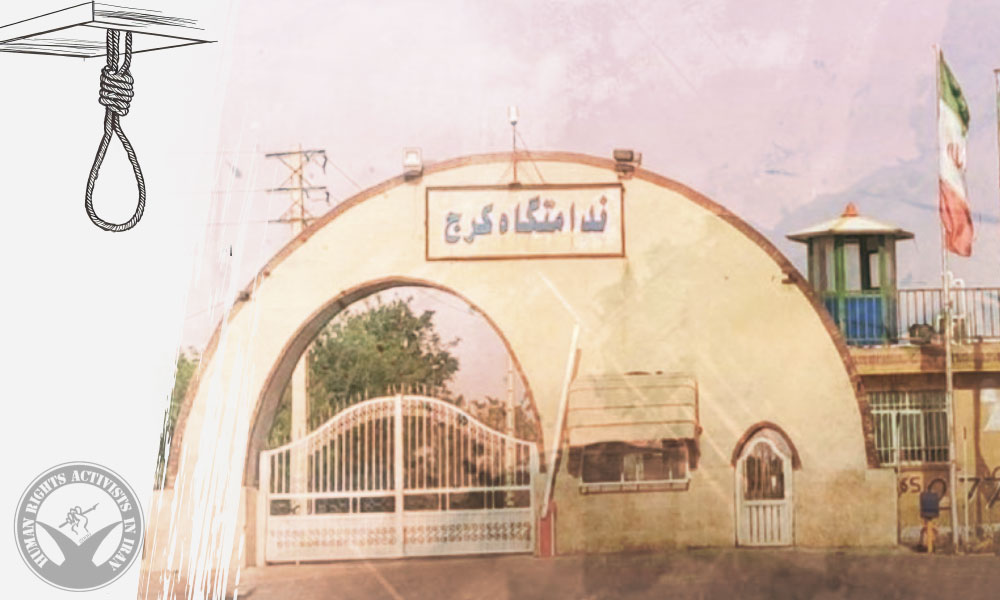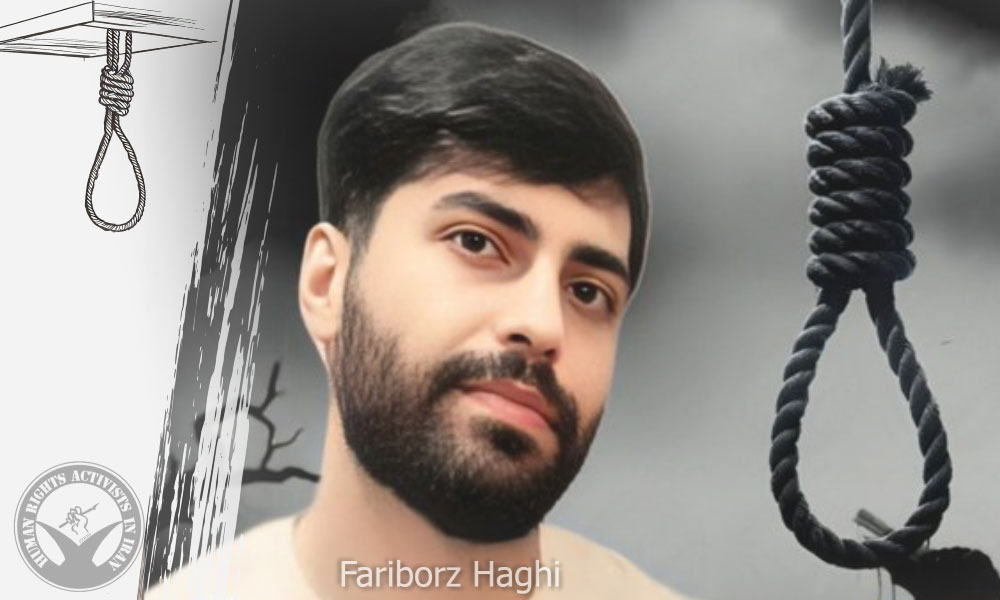HRANA– At dawn on Wednesday, August 6, 2025, two prisoners were executed in Kerman Prison. They had previously been sentenced to death on drug-related charges.
HRANA has confirmed the identity of one of the executed prisoners as Kamran Amraei. Both individuals were arrested in the past on drug-related charges and later sentenced to death by the Revolutionary Court.
Further details, including the identity of the second prisoner, are still under investigation by HRANA.
As of the time of this report, prison officials and relevant authorities have not publicly announced the executions.
In 2024, according to 812 reports compiled by HRANA, the Iranian regime executed 930 individuals in its prisons—marking the highest number of executions in the past 12 years. Despite the scale of these executions, prison officials and other relevant authorities publicly acknowledged only 6% of them, highlighting the regime’s lack of transparency and accountability.



